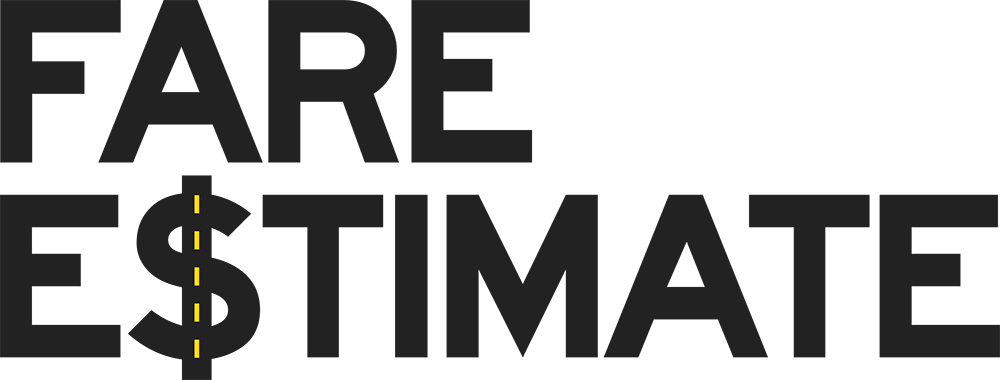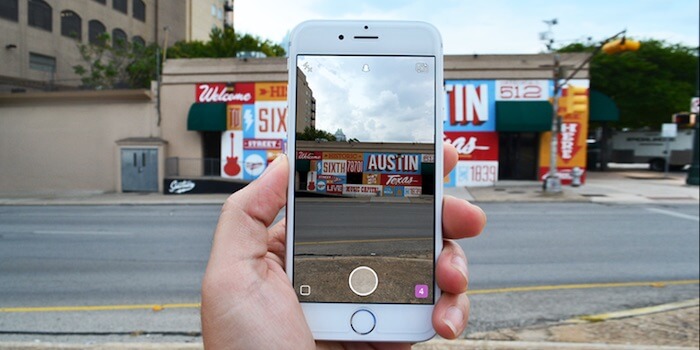Chicago’s ride-hail environment is on the verge of mass change. The city government is considering enacting an ordinance for stricter driver licensing and fingerprint background checks.
The ordinance has been waiting consideration from the Chicago City Council for months now, the Chicago Tribune reports, but Uber and Lyft are addressing the issue before it makes it too far. Both Uber and Lyft have threatened to pull out if the ordinance passes.
If this all sounds familiar, it’s because it is — Chicago is following in the footsteps of Austin, Texas.
Uber and Lyft abandoned Austin in the face of driver fingerprinting and other regulations. The companies claim such regulations would decrease the amount of people willing to drive part time because going through the hoops wouldn’t be worth it. Part time drivers, rather than full-time employees, is of course what Uber and Lyft’s business model is based on.
The two heavy weights of the ride-hail world usually get their way, but dumping millions of dollars in advertising didn’t work in Austin. The companies will likely return, though — just look at what happened in San Antonio. Uber and Lyft returned less than a year after leaving when San Antonio leaders caved on requiring drivers to register through fingerprinting.
But until that happens, new start ups are grabbing hold of the opportunity to carve their niche in Austin’s ride-hail market. If Chicago goes the same way, Austin could be a blueprint for what to do and not do in providing alternative transportation.
What Austin Looks Like Now
Austin’s local government is helping out upstart services with loans ranging from $35,000 to $800,000, Buzzfeed reports. These newcomers tout themselves as community organized and home grown, kind of like the eat local movement, but for ride hail.
There is RideAustin, GetMe, Fasten, Fare, Dryvrs and Wingz. Most of the new apps aren’t available for wide-scale use yet, and the ones that are aren’t up to par.
Ride Austin is one of the most supported by the local government and is highly anticipated, but it won’t be ready until June. GetMe and Wingz are up and running, but both apps have users reviews that report bugs and random crashes. When they do work, there are long wait times. The others don’t have set dates for a full roll out yet.
Whats more, they haven’t completed the fingerprint requirement yet. So if Uber and Lyft were correct that it would hinder driver applications, the apps will face the same problems.
The options, if they come out as they promise to, are all more niche. There’s a wide variety, and out of towners aren’t likely to be familiar withe options. That last point could prove to be a problem, since people enjoy knowing what they are going to get when they travel (national fast food chains are one example).
The Likelihood of Pulling out of Chicago
Uber and Lyft have more friends in high places in Chicago than they did in Austin. A vote on the ordinance was avoided in the face of driver protests on May 25, but the city council aims to vote in June.
Chicago Mayor Rahm Emanuel is a big supporter of the ride share giants, and his brother is an investor in Uber. Conflicts of interest aside, he is trying to make the companies work better for the city. He is trying to ban drivers who owe Chicago money for bills and traffic tickets — some 10,000 drivers owe the city a whopping $9 million.
If that ban passes, Uber and Lyft are more likely to stay in the good graces of the city. The companies have been a boon for Chicago’s minority populations stuck in transportation deserts that public transit and cabs don’t regularly travel. But if Chicago goes forward with a fingerprinting regulation, the city can turn to Austin for example of what’s next.

